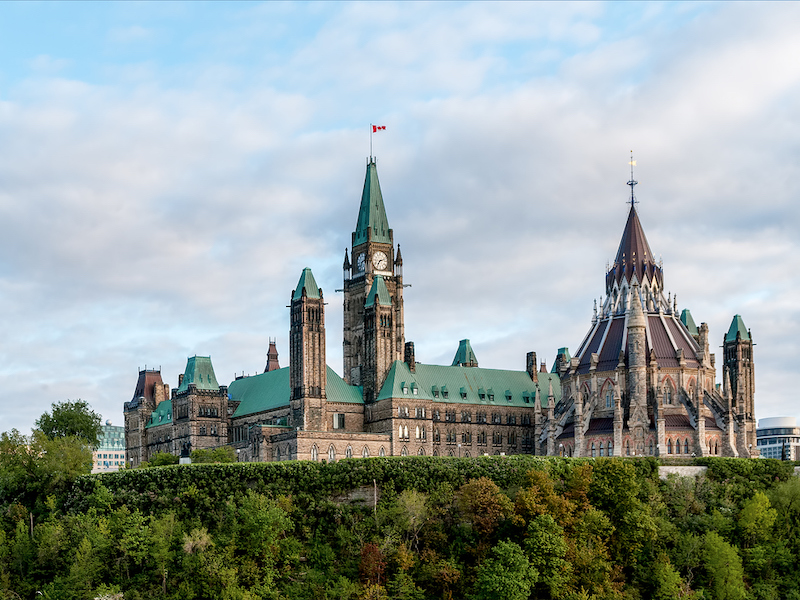
Draft legislation released Tuesday from the Department of Finance addresses enhanced reporting requirements for trusts first proposed in the 2018 federal budget.
In February, Finance released draft legislation that would compel trusts to reveal the identity of all trustees, beneficiaries and settlors, as well as the name of any person who can control the trust’s appointment of income or capital.
The February draft legislation also extended the reporting rules to bare trusts, but tax practitioners expressed concern that clients may have bare trusts without realizing it.
Unfortunately for such clients, Tuesday’s draft legislation continues to subject bare trusts to the expanded requirements.
“While they added some additional exceptions, the new draft legislation doesn’t have any substantial changes in relation to bare trusts,” said MaryAnne Loney, partner with McLennan Ross in Edmonton. “In short, if a bare trust exists for longer than three months, an information return is required within 90 days of the end of the year.”
Reporting requirements for all trusts will apply to taxation years that end on Dec. 31, 2022 and after.
The draft legislation covered a number of other measures from the latest federal budget that weren’t dealt with in the Liberals’ spring budget implementation bill.
Finance provided details for the residential property flipping rule, which would deem any capital gains from selling a residential property as fully taxable income if the property was owned for fewer than 365 consecutive days. As proposed in the 2022 federal budget, the rule applies as of Jan. 1, 2023.
The flipping rule would not apply in cases of life events such as death, illness, disability, the birth of a child, job loss or relocation, divorce, insolvency and property destruction.
The new legislation also advanced the Liberals’ plan to increase the disbursement quota to 5% from 3.5% for the portion of property registered charities do not use in charitable activities or administration that exceeds $1 million.
New reporting rules for registered accounts were also included. As of the 2023 tax year, issuers of RRSPs and RRIFs will be required to annually report the fair market value of all property held by the plans at the end of the calendar year. The draft legislation also notes that the issuer is not required to give copies of the information to the taxpayer who is the plan’s annuitant.
Other proposals addressed Tuesday include:
- Much-anticipated details of the Tax-Free First Home Savings Account
- Details of several tax credits, such as the First-Time Home Buyers’ Tax Credit, a renovation credit and a medical expense credit
- The one-time and ongoing surtax on banks and life insurers
- The small business deduction, and substantive changes for Canadian-controlled private corporations
- The application of the general anti-avoidance rule to tax attributes. Specifically, the draft legislation would broaden the definitions of “tax benefit” and “tax consequences.” Further, the legislation states that “a notice of determination can be issued with respect to a transaction to determine an amount that could, at a subsequent time, be relevant to the computation of tax.”
Outstanding proposals from the 2022 federal budget and earlier that were not addressed in Tuesday’s draft legislation include the allocation to redeemers methodology for ETFs, Bill C-208, and a minimum tax on top earners.
More to come.